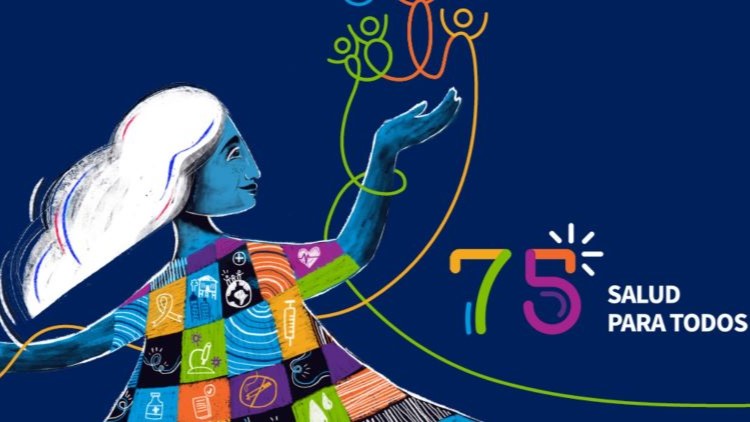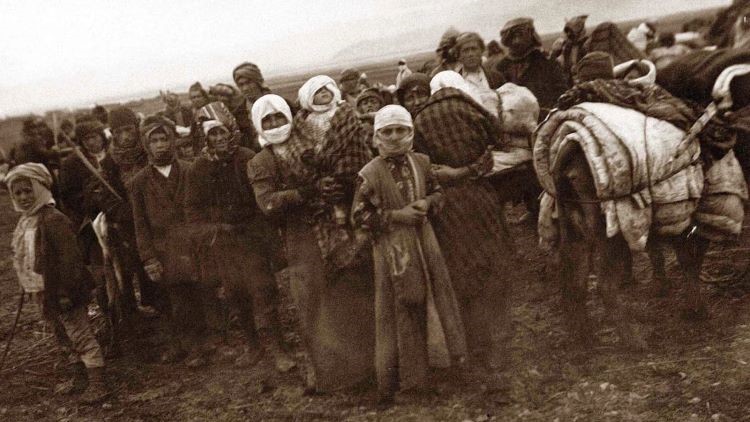The Diplomat
The Spanish Agency for International Development Cooperation (AECID) allocated more than 36 million euros in 2021 to development cooperation in health, with a special focus on universal health coverage, specialized medical training, contributions to international initiatives and boosting research.
Specifically, as reported by the Agency on the occasion of World Health Day, which was celebrated yesterday, April 7, the AECID dedicated 36,130,822 euros to development cooperation in health in 2021. More than half (56% of the total) of the funds went directly to the African continent and 25% was distributed among the countries of Central America and the Caribbean and South America. World Health Day marks the anniversary of the founding of the World Health Organization (WHO) in 1948 and each year focuses on a specific public health problem. The organization celebrates its 75th anniversary under the theme Health for All. 75 years of improving public health.
In its press release, the AECID recalled that promoting “health and universal health coverage through national systems that ensure equity and health security and as a global public good” is one of the objectives set out in the Law on Cooperation for Sustainable Development and Global Solidarity, which has governed the public policy of Spanish Cooperation since its approval on February 20.
To achieve this, Spanish Cooperation works primarily to strengthen the national public health systems of the countries with which it cooperates at the request of the corresponding Ministries and Health Institutions, which it supports in the implementation of their public policies, plans and national strategies. AECID also cooperates through bilateral contributions to common funds and donor baskets (for example, in Mozambique, Ethiopia and Niger) and technical collaboration programs.
A good example of this is the Specialized Medical Training Program, based largely on the Spanish Health System – in aspects such as universal health coverage, continuity of care between levels of care and the MIR System for training specialist doctors, which emerged in 2015 in Mozambique and has been joined by countries such as Ethiopia, Niger, Bolivia, Mauritania and Mali.
Likewise, AECID created the Global Health Program in 2022 with the aim of supporting the strengthening of health systems and access to essential services in AECID partner countries following the COVID-19 pandemic. This initiative has financed, with approximately four million euros, projects in Mali, Mauritania, Mozambique, Mexico, Colombia, Bolivia and Paraguay. In 2023, with a budget of five million euros, it is expected to support ten initiatives in Ethiopia, Jordan, Mali, Mauritania, Niger, Costa Rica, Cuba, Guatemala, Central America and Peru.
Multilateral cooperation
In addition to bilateral channels, Spain also participates in all United Nations bodies related to health, such as the World Health Assembly and the WHO Executive Board, in matters such as universal health coverage, the social, economic and environmental determinants of health or specific diseases such as polio or malaria. Over the past ten years, the Agency has disbursed more than 22 million euros for its work with the World Health Organization in these areas. In addition to this contribution are the specific contributions for Latin America and the Caribbean through the Pan American Health Organization, to which AECID has contributed almost eight million euros since 2016. On the other hand, AECID has collaborated with various specialized health funds, such as the Pandemics Fund. the Global Fund to Fight AIDS, Tuberculosis and Malaria -which will have 45 million euros from the Spanish side in 2023- or the Vaccine Alliance (GAVI).
Within the EU, Spanish Cooperation participates in the European Global Health Strategy and in the debates on the International Health Regulations or on the future Agreement or Treaty on Pandemics. It also collaborates in numerous initiatives in the spirit of Team Europe.
In terms of support for scientific research and innovation, Spain actively contributes to malaria vaccine research, supports research on communicable diseases at the Manhiça Health Research Center in Mozambique (founded in 1996 by the Ministry of Health of Mozambique with the support of the Fundació Clínic for Biomedical Research of Barcelona) and collaborates in research on neglected diseases in Africa within the Carlos III Institute of Health. AECID also supports the strengthening of the National Programs for the fight against Chagas disease in Bolivia and Paraguay with ISGlobal.






